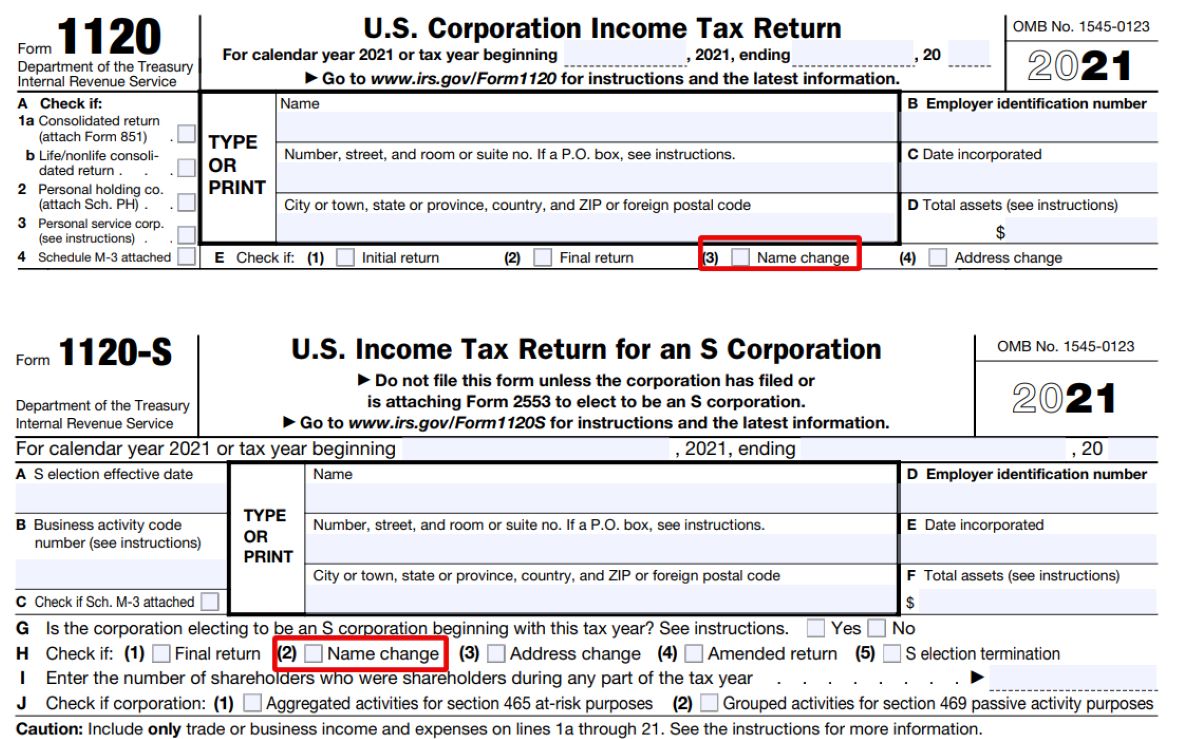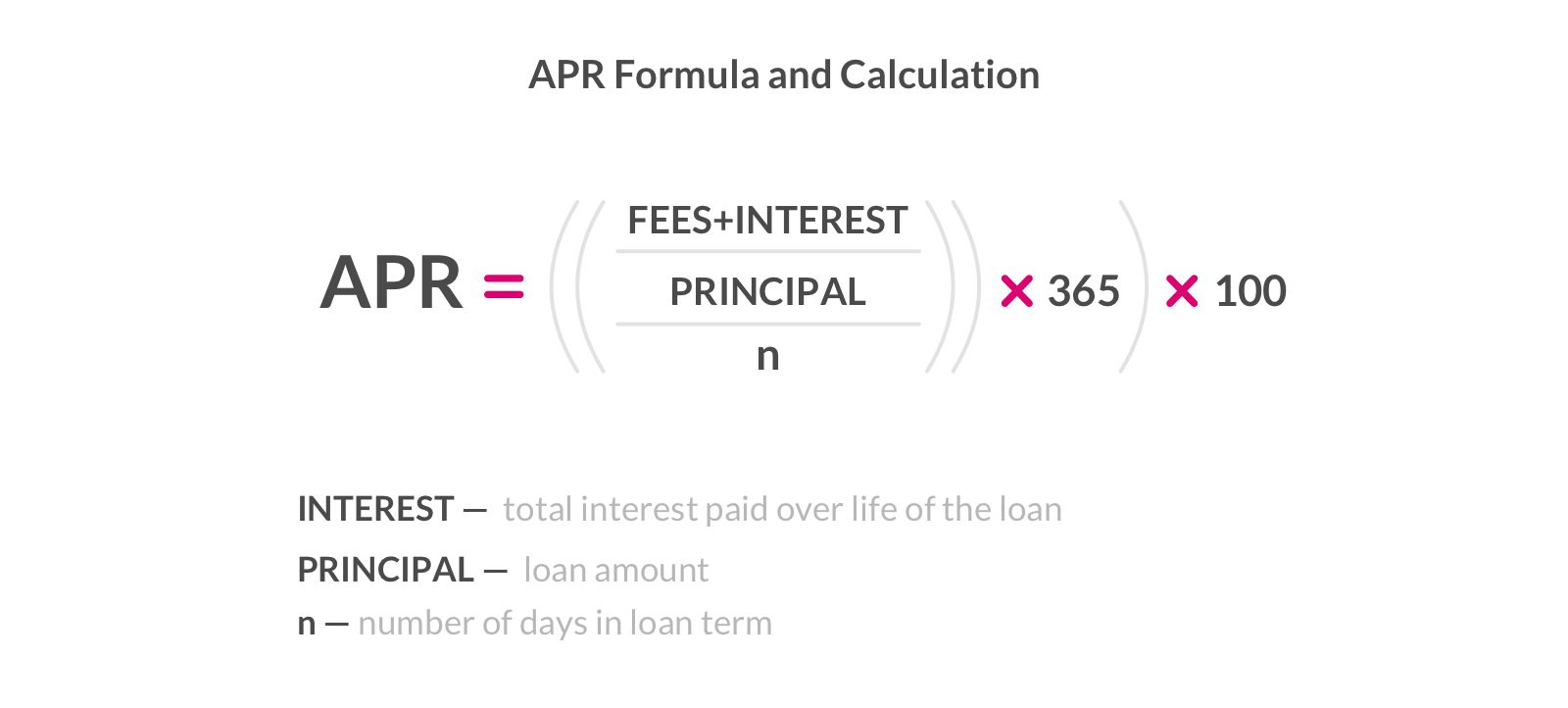

Finance
How To Grow Your Accounting Business
Published: October 13, 2023
Discover effective strategies for growing your accounting business and increasing your revenue. Get expert tips on finance and take your business to the next level.
(Many of the links in this article redirect to a specific reviewed product. Your purchase of these products through affiliate links helps to generate commission for LiveWell, at no extra cost. Learn more)
Table of Contents
Introduction
Welcome to the world of accounting and finance, where numbers and money matter. As an accounting professional, you understand the importance of accurate and meticulous financial management. However, in today’s competitive market, it is not enough to simply provide excellent accounting services. To stand out and grow your accounting business, you need to adapt and embrace digital transformation.
This article will guide you through the essential steps to take in order to grow your accounting business. By focusing on building a strong online presence, developing your expertise, networking, and offering exceptional customer service, you will position yourself as a trusted and sought-after professional in the finance industry.
Whether you are a seasoned accountant looking to expand your client base or a new accounting firm trying to establish your presence, this article will provide you with practical insights and strategies to achieve your business goals.
So let’s dive in and explore the steps that will help you grow your accounting business and achieve long-term success.
Step 1: Define Your Target Market
Before you can grow your accounting business, it’s crucial to clearly define your target market. Understanding who your ideal clients are will allow you to tailor your marketing strategies and services to meet their specific needs.
Start by analyzing your existing client base and identify any patterns or similarities among them. Consider factors such as industry, company size, location, and specific accounting needs. This will help you identify the types of clients who are most likely to benefit from your expertise and services.
Once you have a clear understanding of your target market, you can then develop a focused marketing plan to reach them effectively. Here are a few steps to help you define your target market:
- Market research: Conduct thorough market research to gain insights into the needs and preferences of your target audience. This can include analyzing industry reports, competitor analysis, and surveys.
- Segmentation: Divide your target market into specific segments based on common characteristics such as industry, company size, location, or accounting needs. This will allow you to tailor your marketing messages and services to each segment.
- Value proposition: Identify what sets you apart from your competitors and how your accounting services can bring unique value to your target market. This will help you create a compelling value proposition that resonates with your ideal clients.
- Personas: Create buyer personas that represent your ideal clients. This involves giving your target market a face and understanding their pain points, motivations, and goals. It will help you craft marketing messages that speak directly to their needs.
By clearly defining your target market, you can align your marketing efforts to attract the right clients. This will not only help you stand out in a crowded market but also enable you to deliver customized solutions that cater to your clients’ specific needs.
Step 2: Build a Strong Online Presence
In today’s digital age, having a strong online presence is crucial for the growth of any business, including accounting firms. A well-established online presence not only helps you reach a wider audience but also positions you as a credible and trusted accounting professional. Here are some steps to help you build a strong online presence:
- Create a professional website: Your website serves as the online face of your accounting business. Ensure that it is professionally designed, visually appealing, and easy to navigate. Clearly showcase your services, expertise, and contact information on your website.
- Optimize your website for search engines: Implement search engine optimization (SEO) techniques to improve your website’s visibility on search engine result pages. Conduct keyword research and optimize your website’s content, meta tags, and URLs to rank higher in search results.
- Provide valuable content: Share your knowledge and expertise by creating and sharing valuable content on your website’s blog. Write informative articles, guides, and tutorials that address common accounting questions and challenges. This will not only establish you as an industry thought leader but also help drive organic traffic to your website.
- Engage on social media: Create business accounts on relevant social media platforms such as LinkedIn and Twitter. Share industry insights, engage with your audience, and promote your content to expand your online reach. Utilize social media advertising to target your ideal clients.
- Collect and showcase client testimonials: Request feedback and testimonials from satisfied clients and display them prominently on your website and social media profiles. Positive reviews and testimonials add credibility and trustworthiness to your business.
- Build an email list: Offer valuable resources or a newsletter subscription on your website to build an email list. Use email marketing to stay in touch with your clients and prospects, sharing useful content and notifying them about your services and updates.
Building a strong online presence takes time and consistent effort, but it is worth the investment. A robust online presence will not only attract potential clients but also allow you to strengthen relationships with existing clients.
Step 3: Develop Your Expertise
In the competitive field of accounting, staying up-to-date with the latest industry trends and developing your expertise is essential. Continuous professional development not only enhances your skills and knowledge but also positions you as a trusted authority in your field. Here are some steps to help you develop your expertise:
- Pursue relevant certifications: Identify relevant certifications or designations that can enhance your credibility and expertise. Some examples include Certified Public Accountant (CPA), Certified Management Accountant (CMA), or Certified Financial Planner (CFP). Research the requirements and benefits of each certification and pursue those that align with your career goals.
- Attend industry conferences and seminars: Stay updated with the latest trends and developments in the accounting industry by attending conferences, seminars, and workshops. These events often feature industry experts and provide valuable opportunities for networking and learning from peers.
- Join professional associations: Become a member of professional accounting associations such as the American Institute of Certified Public Accountants (AICPA) or the Chartered Professional Accountants (CPA) association. These associations offer valuable resources, networking opportunities, and educational programs to help you stay at the forefront of the industry.
- Engage in continuous learning: Read industry publications, books, and research papers to expand your knowledge base. Follow influential accounting blogs and podcasts to stay updated with the latest industry developments. Consider enrolling in online courses or webinars to enhance your skills in specific areas such as tax planning, auditing, or financial analysis.
- Mentorship and collaboration: Seek opportunities to mentor or be mentored by experienced professionals in your field. Collaborate with colleagues and peers on projects to gain exposure to different perspectives and approaches. Engaging in mentorship and collaboration can contribute to your professional growth and help you develop a well-rounded skillset.
- Share your expertise: Offer to speak at industry events or conduct webinars on topics relevant to your expertise. Write articles or contribute guest blog posts in reputable publications. Sharing your knowledge and insights not only helps establish your authority but also expands your professional network.
By continuously developing your expertise, you position yourself as a knowledgeable and trustworthy accounting professional. This will not only attract clients seeking your specialized skills but also differentiate you from your competitors.
Step 4: Network and Build Relationships
In the world of accounting, networking and building relationships are key factors in growing your business. By connecting with other professionals and building a strong network, you open doors to potential clients, referrals, and collaborative opportunities. Here are some steps to help you network and build relationships:
- Join professional networking groups: Seek out local or industry-specific networking groups that cater to accounting professionals. Attend meetings, participate in discussions, and exchange business cards with fellow attendees. These groups provide valuable opportunities to connect with potential clients or referral partners.
- Attend industry events and conferences: Participate in accounting and finance-related events and conferences where you can meet professionals from various sectors. Engage in conversations, exchange contact information, and follow up with individuals you connect with.
- Collaborate with other professionals: Form partnerships and collaborate with professionals in complementary industries such as financial advisors, lawyers, or business consultants. Refer clients to each other and develop mutually beneficial relationships.
- Utilize social media: Leverage social media platforms like LinkedIn and Twitter to connect with other professionals in the accounting and finance industry. Engage in relevant industry discussions, share industry insights, and connect with potential clients or referral sources.
- Attend local business or industry events: Look for networking opportunities in your local community, such as chamber of commerce events or industry-specific gatherings. Build relationships with local businesses and professionals who may require accounting services.
- Volunteer in your community: Engage in local community initiatives or organizations where you can meet business owners and community leaders. By giving back to your community, you not only contribute to a good cause but also build connections that may lead to new business opportunities.
- Maintain relationships: Stay in touch with your network by following up regularly, sending valuable resources, or offering assistance when needed. Building genuine, long-lasting relationships is key to generating referrals and client loyalty.
Networking and building relationships require time and effort, but the benefits can be significant for growing your accounting business. By establishing a strong network, you increase your visibility, credibility, and chances of attracting clients and business opportunities.
Step 5: Offer Exceptional Customer Service
Providing exceptional customer service is paramount in growing your accounting business. Satisfied clients not only become repeat customers but also serve as advocates who refer new clients to you. Here are some key steps to ensure exceptional customer service:
- Communicate clearly and promptly: Maintain open and clear lines of communication with your clients. Respond to their inquiries and concerns promptly, and keep them informed about the progress of their accounting tasks.
- Listen actively: Take the time to understand your clients’ needs and objectives. Listen attentively to their questions, concerns, and feedback. This helps you tailor your services to meet their specific requirements.
- Provide personalized solutions: Instead of offering generic solutions, customize your accounting services to address the unique needs of each client. Offer tailored recommendations and strategies that align with their business goals.
- Be proactive: Anticipate your clients’ needs and offer proactive solutions. Provide timely reminders for important deadlines or upcoming financial obligations. Stay updated with changes in tax laws or regulations that may affect your clients’ businesses.
- Maintain confidentiality: As an accounting professional, ensuring client confidentiality is crucial. Emphasize the importance of client data security and have robust measures in place to protect sensitive information.
- Go the extra mile: Exceed your clients’ expectations by providing additional value-added services. Offer educational resources, financial insights, or industry-specific advice that can help your clients make informed decisions.
- Solicit feedback: Regularly seek feedback from your clients to gauge their satisfaction with your services. Implement their suggestions or address any concerns promptly to ensure continuous improvement.
- Address errors or issues promptly: If mistakes occur, take ownership and rectify them promptly. Your clients will appreciate your transparency and dedication to resolving any issues that arise.
- Express gratitude and show appreciation: Regularly express your gratitude to your clients for their trust and business. Send personalized thank-you notes, small tokens of appreciation, or exclusive offers as a gesture of gratitude.
By providing exceptional customer service, you not only foster long-term client loyalty but also create a positive reputation for your accounting business. Satisfied clients are more likely to refer you to their network, resulting in a steady stream of new clients.
Step 6: Explore Additional Revenue Streams
As an accounting professional, exploring additional revenue streams can help diversify your income and expand your business. By offering supplementary services or exploring new markets, you can unlock new opportunities for growth. Here are some strategies to consider:
- Offer specialized consulting: Leverage your accounting expertise to provide specialized consulting services in areas such as tax planning, financial analysis, or business forecasting. This allows you to offer higher-value services to clients and generate additional revenue.
- Provide software training and implementation: Become an expert in accounting software platforms such as QuickBooks or Xero. Offer training and implementation services to businesses looking to streamline their financial processes. This can be a lucrative revenue stream and differentiate you from competitors.
- Create online courses or workshops: Package your accounting knowledge into online courses or workshops. Share your expertise with a broader audience and generate revenue through course sales or workshop fees. This also establishes you as an authority in your field.
- Offer outsourcing services: Many businesses look to outsource their accounting functions to save time and resources. Explore the possibility of offering outsourced accounting services to companies that do not have an in-house accounting department.
- Develop niche expertise: Identify niche industries or market segments that have specific accounting needs. Develop specialized expertise in those areas and market your services as tailored solutions for businesses in that niche.
- Explore international clients: With advancements in technology, you can expand your client base beyond your local market. Consider offering your services to international clients, either remotely or by establishing partnerships with accounting firms in other countries.
- Create recurring revenue models: Develop subscription-based services or retainer packages that provide ongoing accounting support to clients. This helps create predictable recurring revenue and builds long-term client relationships.
- Partner with complementary businesses: Form partnerships with businesses that offer complementary services, such as financial planning firms or law firms. Collaborate to cross-refer clients and explore joint marketing opportunities.
Exploring additional revenue streams not only boosts your income but also helps you stay ahead of the competition. By diversifying your services and expanding your target market, you can position your accounting business for long-term growth and success.
Step 7: Stay Updated with Industry Trends
In the fast-paced world of accounting, staying updated with the latest industry trends is crucial for the growth and success of your business. By keeping your finger on the pulse of industry developments, you can stay ahead of the curve and deliver cutting-edge services to your clients. Here are some strategies to stay updated with industry trends:
- Read industry publications: Subscribe to reputable accounting and finance publications to stay informed about current trends, changes in regulations, and emerging technologies. This can include magazines, journals, newsletters, and online blogs.
- Participate in webinars and online courses: Attend webinars and online courses offered by accounting associations or industry experts. These platforms often cover the latest trends, best practices, and tools that can help you enhance your skills and adapt to changing industry demands.
- Join professional forums and discussion groups: Engage in online forums and discussion groups where accounting professionals share insights, experiences, and discuss current industry trends. This allows you to learn from peers, exchange ideas, and stay updated with the challenges and opportunities in the field.
- Attend industry conferences and seminars: Participate in accounting and finance conferences, seminars, and workshops that bring together industry experts. These events provide valuable opportunities to network, gain insights, and learn about upcoming trends and innovative practices.
- Follow thought leaders and influencers: Identify influential voices in the accounting industry and follow them on social media platforms. Engage with their content, participate in discussions, and learn from their expertise. This keeps you informed about the latest developments and thought leadership in the field.
- Network with peers: Engage with other accounting professionals through networking events, industry associations, or online communities. Share insights, discuss emerging trends, and collaborate on projects to broaden your perspective and knowledge base.
- Utilize technology and automation: Embrace technological advancements and automation tools in your accounting practice. Stay updated with the latest accounting software, cloud-based solutions, and automation platforms that can streamline your processes and improve efficiency.
- Continuous learning and professional development: Engage in continuous learning and professional development activities such as workshops, training programs, or certifications. This ensures that you remain up-to-date with evolving industry standards and practices.
Staying updated with industry trends is essential for providing relevant and valuable services to your clients. By adapting to changes and adopting innovative practices, you position yourself as a forward-thinking accounting professional ready to navigate the evolving landscape of the industry.
Conclusion
Congratulations! You have now learned the essential steps to grow your accounting business. By defining your target market, building a strong online presence, developing your expertise, networking, offering exceptional customer service, exploring additional revenue streams, and staying updated with industry trends, you are well on your way to success in the competitive world of accounting.
Remember, growing your accounting business is an ongoing process that requires dedication, adaptability, and continuous improvement. Stay committed to providing exceptional service to your clients, nurturing relationships with your network, and staying updated with the latest industry trends.
As you implement these steps, you’ll start to see the positive impact on your business. With a clear focus on your target market, an engaging online presence, specialized expertise, strong relationships, and a commitment to customer satisfaction, you’ll attract new clients, increase referrals, and achieve sustainable growth in your accounting business.
So take action today and start implementing these steps to position yourself as a trusted and sought-after accounting professional. Embrace digital transformation, leverage your expertise, and be proactive in adapting to industry changes. With the right strategies and mindset, you’ll build a thriving accounting business that stands out in the competitive landscape.
Best of luck on your journey to grow your accounting business and may you achieve all your professional goals!













